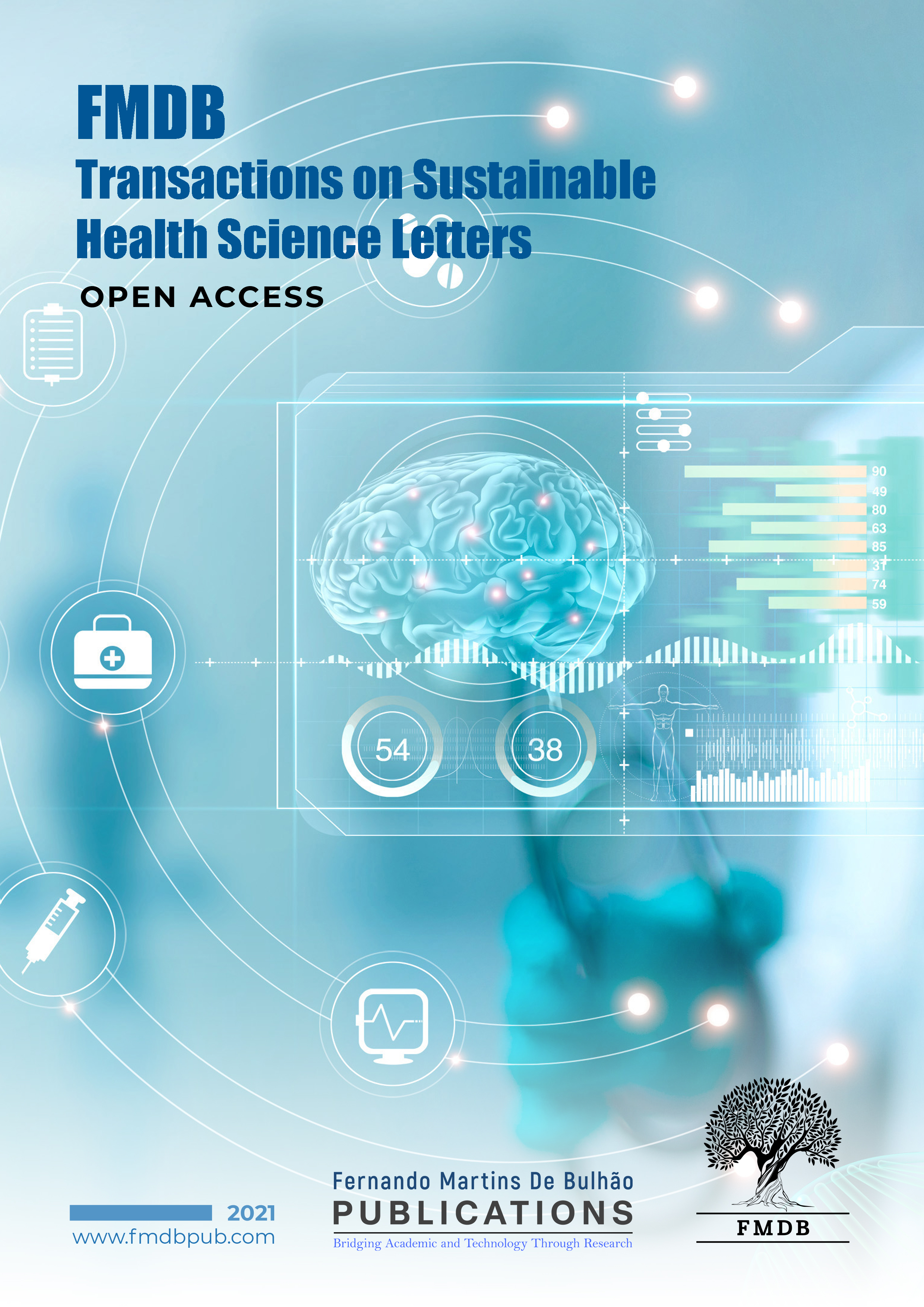Aims and Scope
FMDB Transactions on Sustainable Health Science Letters (FTSHSL), the potential given by new technologies attempting to collect and manage environmental, healthcare, and lifestyle data, such as omnipresent healthcare, must be taken into account today if precision and personalised medicine are to fulfil their promise. The next generation of networks will improve upon existing cellular infrastructure by integrating numerous forms of cutting-edge, market-dominant technology to deliver unprecedented levels of service. Many people see pervasive healthcare as the future of healthcare delivery and believe it will solve many current issues. To address problems with data traffic capacity, high data rate, and reliability for assuring QoS, it is necessary to propose novel architectures and service management schemes for various applications of the emerging technologies. We encourage high-quality research papers that tackle important and Future computing application in health science and related system development concerns in the growing sustainable application areas to be submitted to FTSHSL. Scholars, researchers, academics, and professionals in the industry are all welcome to submit high-quality research articles to FTSHSL. Both new research and comprehensive evaluations of the current state of the field are welcome. We hope that FTSHSL will pave the way for further studies and technological advances in this field.
Topics include, but are not limited to, the following areas:
- Human and computer supported cooperative work
- Pervasive health tech, and social inclusion
- Smart-phone applications for patient monitoring
- Internet of things healthcare solutions
- Sensing technologies and pervasive computing
- Sensor data fusion and collaboration in multi-sensor systems
- Medical sensor data interpretation using physiological models
- Medicine, nursing, and allied health professions
- Implanted and wearable healthcare data fusion
- Home based health and wellness measurement and monitoring
- Design and evaluation of patient and ambient-related sensors
- Health behaviour modification and digital interventions
- Validation and clinical applications and risk management
- Healthcare administration everywhere
- Healthcare standards and interoperability

